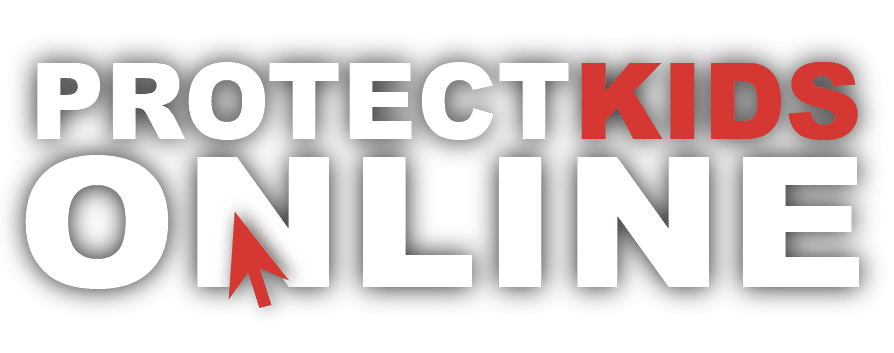In 1996, the Supreme Court struck down the Communications Decency Act (CDA), a federal anti-pornography bill passed by Congress that sought to limit the online distribution of obscene and indecent material to minors. It is often suggested that this case “found” a First Amendment right to pornography, thus limiting the ability for the people and their legislatures to restrict its distribution, but that is not entirely accurate.
In Reno v. ACLU, and again later in 2004 in Ashcroft v. ACLU, which struck down the Child’s Online Protection Act (COPA), the Supreme Court made two distinct arguments: first, that there is indeed a compelling governmental interest in protecting children from pornography, and second, that any law restricting pornography distribution to minors must be narrowly tailored and use the least restrictive means possible to prevent a broad suppression of adult “speech.” From Reno:
“We are persuaded that the CDA lacks the precision that the First Amendment requires when a statute regulates the content of speech. In order to deny minors access to potentially harmful speech, the CDA effectively suppresses a large amount of speech that adults have a constitutional right to receive and to address to one another. That burden on adult speech is unacceptable if less restrictive alternatives would be at least as effective in achieving the legitimate purpose that the statute was enacted to serve… It is true that we have repeatedly recognized the governmental interest in protecting children from harmful materials… But that interest does not justify an unnecessarily broad suppression of speech addressed to adults.”
This is important. While the CDA (and ultimately COPA) were deemed too restrictive on adult “speech,” the Court did not rule out the ability to enact restrictions on the distribution of pornography to minors, so long as these restrictions did not amount to an undue burden on the ability of adults to access pornography.
We can quibble with the merits of the Reno and Ashcroft decisions. At American Principles Project, we believe that these cases were wrongly decided and that pornography, especially when it is readily available to minors, amounts to illegal obscenity (and thus not protected speech.) But even under the flawed precedent set by Reno, we are confident that the current Supreme Court could well uphold the age verification legislation laws that have now passed in eight states (as of November 2023.) Even so, we believe there is more we can do to strengthen these laws without running afoul of this particular interpretation of the First Amendment.

